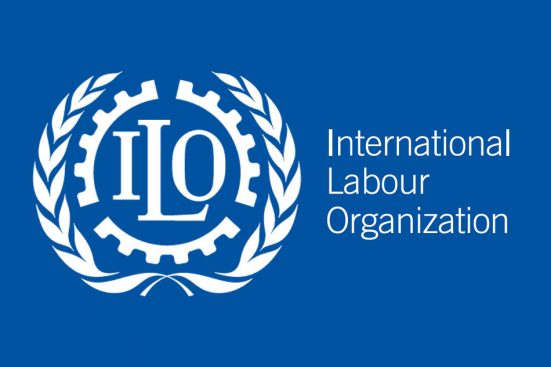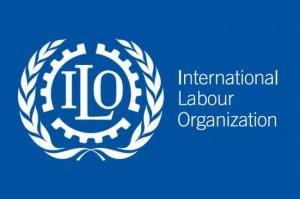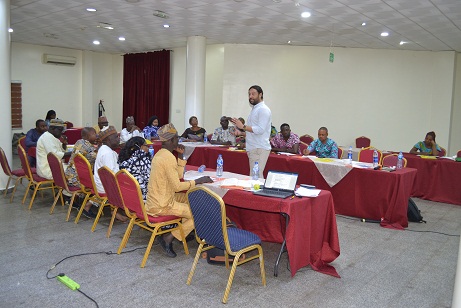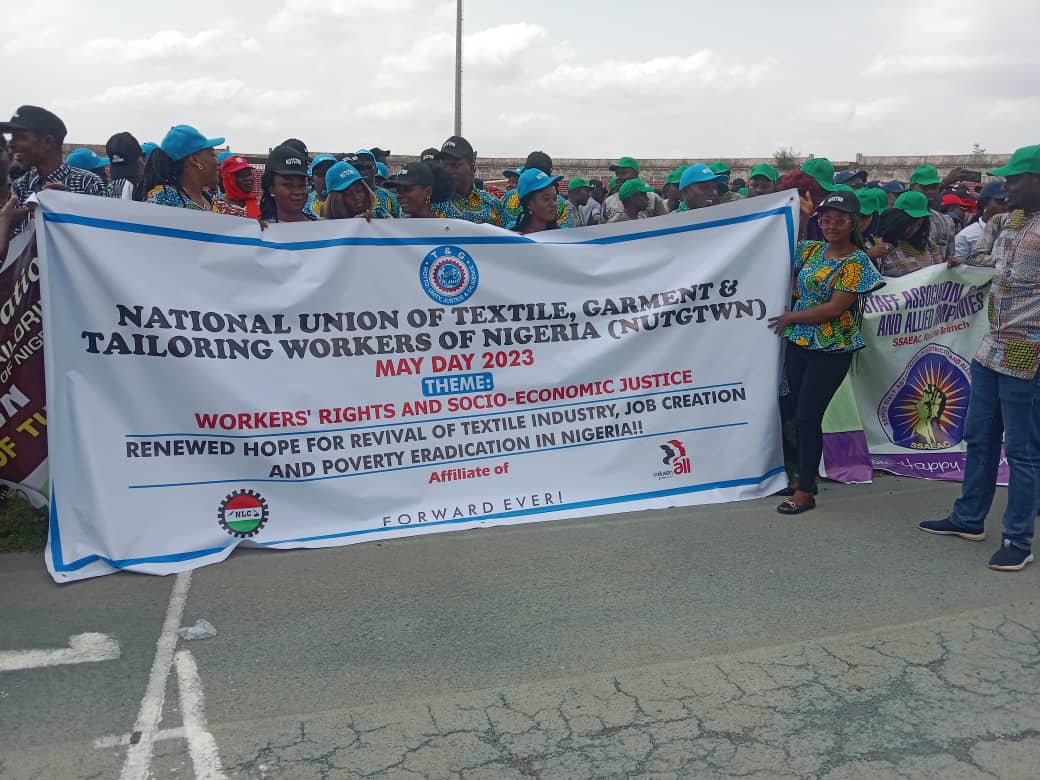
 The 108th session of the International Labour Conference of ILO holds from 10th to 21st of June 2019. This year’s session assumes a special and historic significance. It marks the 90th anniversary of the specialised agency of the United Nations. ILO has come of age with 100 years of rich history in promotion of peace and social justice in the world.
The 108th session of the International Labour Conference of ILO holds from 10th to 21st of June 2019. This year’s session assumes a special and historic significance. It marks the 90th anniversary of the specialised agency of the United Nations. ILO has come of age with 100 years of rich history in promotion of peace and social justice in the world.
Starting from today, yours comradely will feature a serial appreciation of ILO at 100. ILO was created in 1919 by the Paris Peace Conference after the First World War. To that extent, ILO is associated with the moribund League of Nations, precursor of the present United Nations (UN). In large part the ILO is one of the global institutions associated with international efforts to foster global peace which it holds that it can only be sustained on social justice.
The first decade of the 20th century was a period of revolutionary fervour and class struggle and battle of ideas between nascent socialism and entrenched capitalism (nurtured by primitive exploitation of the working people.) Paradoxically, 100 years after, class struggle has been replaced with “class greed” in which according to Oxfam, “26 richest billionaires own as many as 3.8 billion people who make up the poorest half of the planet’s population!”
ILO was created exactly two years after the great Bolshevik communist revolution led by Lenin against the despotic Tsarist Russia. Ideologically speaking therefore the organization was established to curb the spectre of communism through globalization of minimum labour standards. The objective was to moderate the hitherto primitive accumulation of capital which pushed labour into “dangerous” and “subversive” ideas of revolutions.
The principal objectives of the ILO are contained in the historic 1944 Declaration of Philadelphia. The objectives read that “Labour is NOT a commodity, that freedom of association and assembly of the working people are indispensable for national progress and that poverty anywhere constitutes danger to prosperity anywhere”. The drafters of the Philadelphia Declaration must cringe in their respective graves in realising that “Labour still remains a commodity” a century after cheaply sold and bought in the “labour market” of as many as 192 million unemployed people in the world.
Nigeria joined the ILO from independence and has adopted most of its core conventions and recommendations in the areas of hours of work, minimum wages, right to freedom of assembly and association among others. The critical question however is to what extent has ILO membership advanced peace and social justice in the world of work in Nigeria?
Even with these moderate lofty human ideals, United States of America did not join the ILO until 1934. America’s ruling class in early 1990s with its avowed commitment to private property and unrestrained accumulation still maintained that ILO objectives were “socialist” and inimical to free enterprise. President Franklin Roosevelt who emerged on the ashes of the great depression led USA to join the ILO and indeed promoted the organization’s ideals especially in areas of minimum wage, hours of work and social security. America’s membership in turn helped in America’s recovery from the depression of the 30s.
In 1946, ILO became a specialised agency of the United Nations’ and received in 1969, the Nobel Peace Prize. Three organs oversee and carry out its work: the annual International Labour Conference of the entire membership; the Governing Body, elected by the Conference, which meets three times per year; and the Office, managed by the Director-General, who is elected by the Governing Body.
ILO operates through a unique system of tripartism in which representatives of workers’ and employers’ organisation as well as representatives of government engage as equal partners through social dialogue to address naughty issues in the world of work. Tripartism is unique to ILO and marks ILO as the most democratic of all UN agencies. Its membership is universal and operates through the instrumentalities of adopted Conventions, Recommendations, resolutions, declarations and codes of practice.
Back to Nigeria, previous Military dictatorships in violated ILO conventions and recommendations in Nigeria than civilian democratic governance. Military meddlesomeness in trade union affairs recorded serial dissolutions of NLC executives in by first Murtala Obasanjo military junta of 77/78, second by IBB dictatorship and dissolution of NLC, NUPENG and PEGASSAN executives and thirdly by Abacha dictatorship in the 90s. The three military regimes crudely imposed three sole administrators on the labour movement.
The Governing Body of the ILO has played a critical role in cubing buses of trade union rights in Nigeria.
Nigeria was repeatedly prevailed upon by the ILO’s Committee on Freedom of Association to release imprisoned trade unionists, end harassment of trade unions and take measures to guarantee respect for the civil liberties essential to trade union rights. The Committee underscored the persistent deterioration of trade union rights and denounced the non-respect of civil liberties in Nigeria. Happily, with the proclamation of 1999 constitutions and repeal of obnoxious decrees Nigeria has undoubtedly regained its position in the world of work. The real problem however is the collapse of the economy, mass job losses and the withering away of the working class in Nigeria. Labour standards without working classes are standards in vain.
Poverty is still widely spread despite amazing global prosperity.






